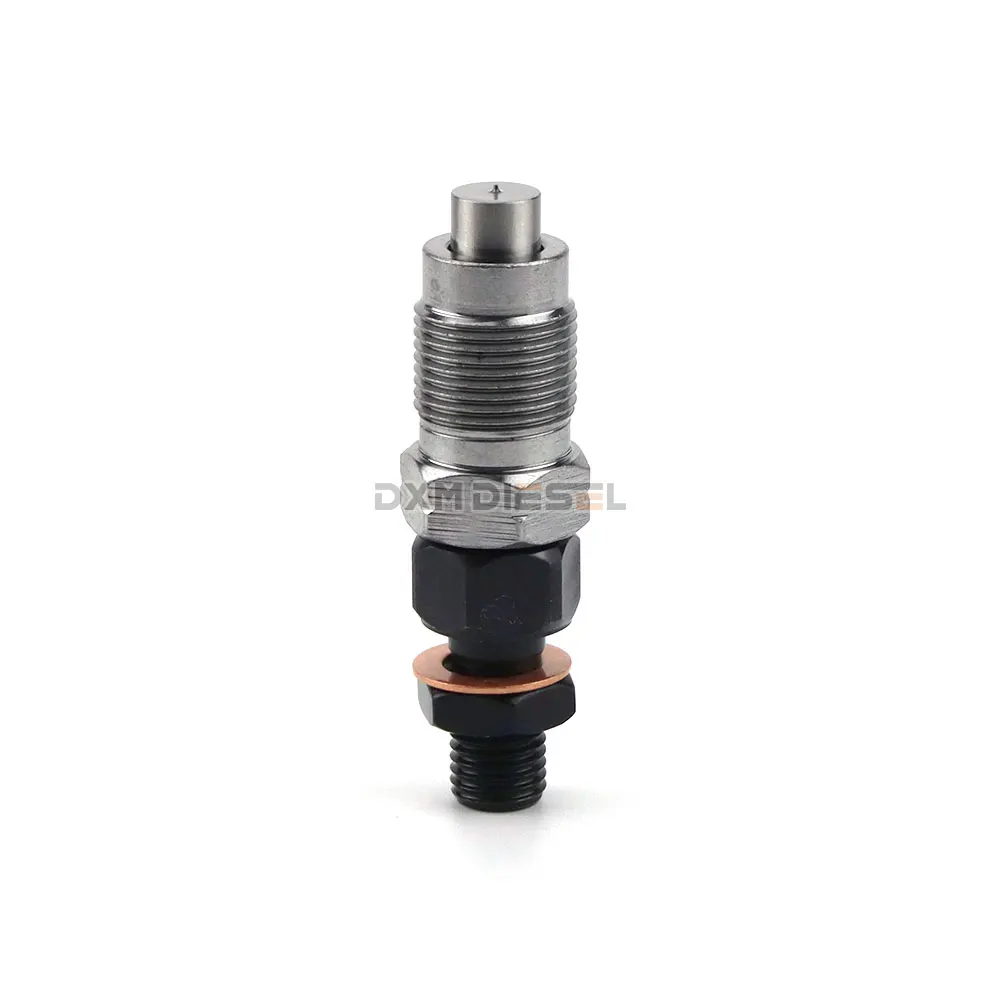Diesel enginesIf they now not the maximum commonplace, diesel engines have long past an extended way given that their introduction inside side as the most excellent of a motor in 1893. Diesel engines have made huge steps in efficiency, power and environmental goodness from over many years. These engines are now commonly used across multiple formats of transportation including ships, trains and trucks. Anyway, here we put diesel engines to the test record and preview an onboard feature.
Timeline of Human Evolution Prior to the Rise of Modern Humans
Diesel: The German inventor Rudolf Diesel conceives motor engine in 1892. An astonishing vision still visible today
1900: The maritime and heavy machinery industries get their first diesel engines.
1930s The diesel engine, which has plodded along since the early part ofthe century, gains traction in Europe where gasoline prices are on the rise.
1950s : Old commercial, trucks and bus discovers the Age of Oil with diesel engines.
1960s - Enhancement for diesel engines to consume less fuel and emit cleaner emissions.
The 1990s Turbocharging, direct injection refine diesel-engine performance.
Ubiquitous Biodiesel arrives - (2000s)New Clean diesel Technology Arrives -- massive emission reductions(Early 2000s)
Revisit, Relive and Vision there future
Diesel cars were once regarded as dirty and climate hostile Particularly in more recent times, with the development of cleaner, considerably less-smelly diesel engines. This focused focus should lead to added durability and strengthen while moreover enhancing gas performance despite lower outpourings.
Prospects of Innovation in Diesel Engines
THE FAST-LANE We may yet see diesel engines return, with alternative fuels one of the most exciting possibilities in the near-term. In this paper, you can find that biodiesel blend fuels provide an alterantive to regular Dieselfuel within current legislations already for Biofuels but especially regarding the environmental issues further improvement is shown. Second, the concept of hybrid diesel powertrains that would mate powerful traditional diesels with low-enough energy use electric motors indicates future potential for growth.
Determining Schematic Examples Over Time
Those engines that made life so loud, stinky and often just kind of sad for generations gone by. Long the standby of steamship and locomotive propulsion, modern diesels owe there popularity to massive evolutionary inprovements that deficated other overfuited prolosions just a few years ago. And not only that, they also have a lot of power - plenty of current production diesel engines are packing some serious amounts of torque.
Moving Towards Increased Renewable Energies and Sustainability Practices:
In line with the search for more globally effective solutions to a cleaner and greener energy policy or sustainable development, the diesel engine is additionally part of this integrated advance in technology. The idea is to use the diesel engines as reserves of power for peak-demand times or when you can't rely on other sources of electricity -- things like wind and solar generation systems.
Generally speaking, diesel engines have come a long way from their centuries-old origins in ships and big machinery to being the main power source for transporters around the globe. Thankfully the future is not all bad, diesel engines are working to change in response to a new world on the horizon and there may be some fancy high tech solutions just over around post. It unlikely to be progress toward a cleaner planet and climate change or jobs,something along those lines, perhaps.Environmentalists are likely picketing Audi for rolling more oil-burning engines in the into market.
 EN
EN
 AR
AR
 PT
PT
 RU
RU
 ES
ES
 ID
ID
 TH
TH
 MS
MS



